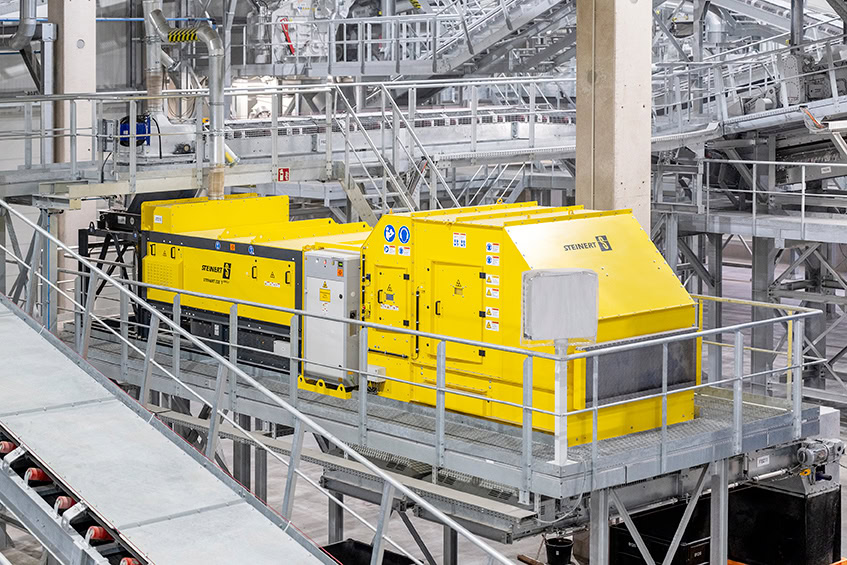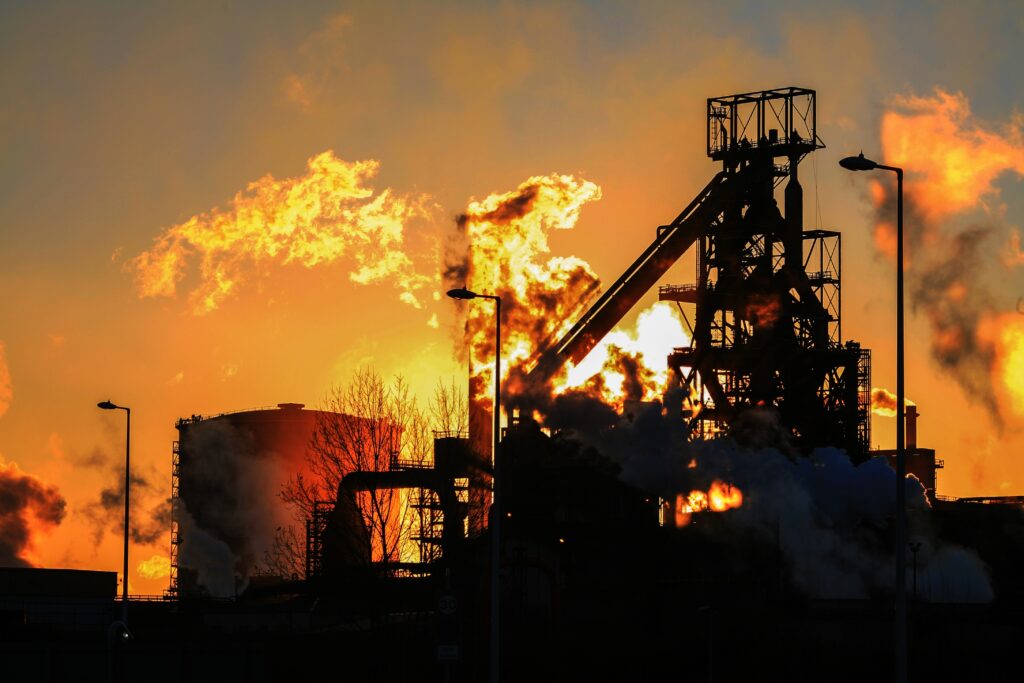Nottingham-based Charles Lawrence International has just completed a DTI-supported project developing a method of extracting cleaner steel from the 18,000 tonnes of commercial tyres it granulates each year for sports and playground surfaces.
Rubber tyres contain 40% steel fibre, which is valuable high-grade steel with a low copper content. However, traditionally the steel from tyre recycling facilities is not accepted by steel processing plants because it is contaminated by rubber.
The project has taken two and a half years to develop a mechanical method of reducing the rubber contamination in the tyre steel to a level acceptable to steel processors for recycling.
Technical director of Charles Lawrence International, Mark Keal said: “We are delighted with how well this project has gone. The industry as a whole will benefit and the successful application of the technology should see a substantial reduction in the tonnage of material being sent to landfill.”
In conjunction with recycling equipment firm Charles Lawrence Engineering, Charles Lawrence Recycling redesigned the cutting blades on its granulator produce a cleaner steel than before. The company also developed a method of testing the contamination level of the steel.
Commercial basis
Following the completion of the project, the tyre recycling company plans to use its new mechanical method to recover steel from its operations and is looking to sell and export the new technology.
Roger Hicks, managing director of Charles Lawrence International, said: “The project is now completed and will be used on a commercial basis in the future. As a result of this project the granulation machinery we are currently producing will use the modified process.”
The project was backed by the DTI who was looking to find an alternate disposal route to landfill for shredded tyres. Under the European Landfill Directive, whole tyres were banned from landfill in July 2003 and shredded tyres will be banned from landfill from July 2006.
Mr Keal said: “We have long felt that action was required to ensure compliance with the Landfill Directive banning the disposal of tyres in landfill from 2006. This new technology should help ensure that the UK tyre industry can comply.”








Subscribe for free